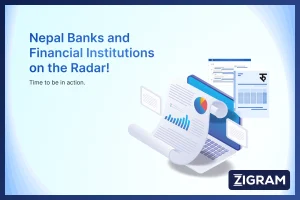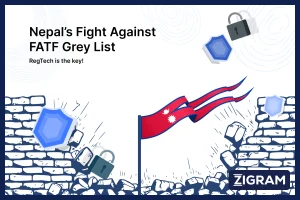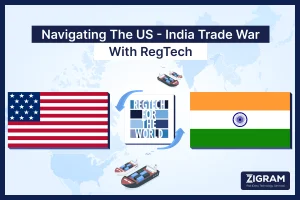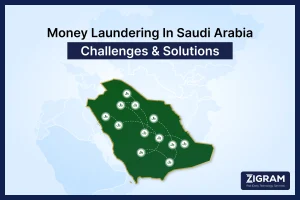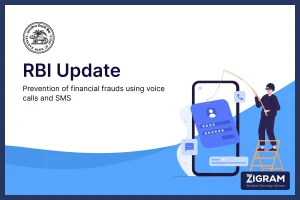The Reserve Bank Of India (RBI) and other regulators in India have been increasingly proactive in their endeavour to raise the bar of anti-money laundering compliance across the financial services sector. One could see the evidence of this in 2023, based on the number of regulatory actions, fines, and updates to the KYC Master Direction. One such recent and critical update is related to Section 12A Of The Weapons of Mass Destruction and their Delivery Systems (Prohibition of Unlawful Activities) Act, 2005.
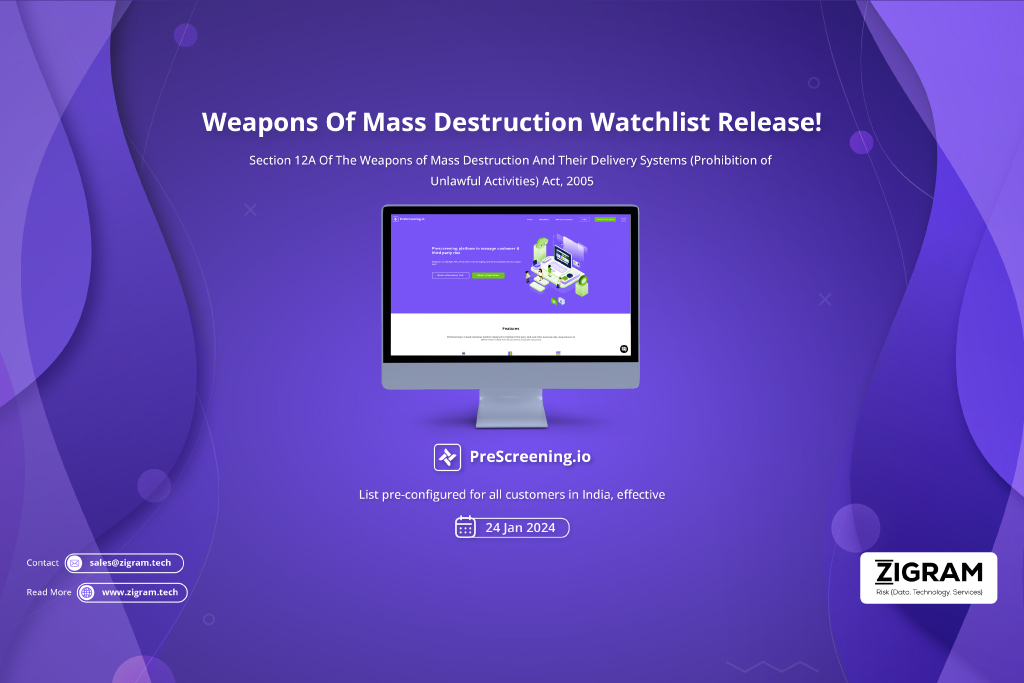
Section 12A Of The WMD Act, 2005 - An Introduction
The Weapons of Mass Destruction and their Delivery Systems (Prohibition of Unlawful Activities) Act, 2005, is a crucial piece of legislation aimed at preventing the proliferation of weapons of mass destruction. Section 12A of this act mandates that Regulated Entities (REs) adhere to the “Procedure for Implementation of Section 12A of the Weapons of Mass Destruction (WMD) and their Delivery Systems (Prohibition of Unlawful Activities) Act, 2005.”
The RBI passed an amendment to Master Direction on Know Your Customer on January 04, 2024, for the implementation of Section 12A of the Weapons of Mass Destruction Act (WMD), 2005 order dated September 01, 2023. The specific guidelines for implementation were issued by the Ministry of Finance.
The key pointers are:
1. REs must meticulously comply with the “Procedure for Implementation of Section 12A of the WMD Act, 2005,” outlined in the September 1, 2023, order by the Ministry of Finance, Government of India.
2. As per the order, REs must avoid transactions if an individual/entity matches those on the designated list, underscoring the importance of thorough due diligence.
3. REs are obligated to perform checks during customer relations establishment and periodically thereafter to verify if individuals or entities in the designated list hold funds or financial assets, such as bank accounts.
4. Upon a match, REs must promptly notify the Central Nodal Officer (CNO) designated under Section 12A of the WMD Act, providing detailed transaction particulars. Copies of such communication should be sent to the State Nodal Officer and the Reserve Bank of India (RBI).
5. REs are advised to regularly check the designated list updated on the FIU-India portal to stay informed about individuals or entities engaged in prohibited activities related to weapons of mass destruction.
6. If there are conclusive reasons to suspect that a customer’s funds or assets fall under Section 12A, REs must prevent such individuals/entities from conducting financial transactions and notify the CNO promptly via email, FAX, and post.
7. Upon receiving an order from the CNO to freeze assets under Section 12A, REs must take immediate and necessary actions to comply with the order.
8. The process for unfreezing funds involves forwarding applications from individuals/entities seeking unfreezing, along with asset details, to the CNO within two working days.
UNSCR 1718 Sanctions List
In addition to compliance with the WMD Act, financial institutions are required to verify the ‘UNSCR 1718 Sanctions List of Designated Individuals and Entities.’ Section 53 of the MD on KYC mandates that REs verify this list daily, considering any modifications, additions, deletions, or other changes. This list is crucial for ensuring compliance with the ‘Implementation of Security Council Resolution on Democratic People’s Republic of Korea Order, 2017’.
Some key points of note for REs are:
1. Must verify daily the ‘UNSCR 1718 Sanctions List of Designated Individuals and Entities,’ which may undergo modifications.
2. Stay updated on list modifications and ensure compliance with the ‘Implementation of Security Council Resolution on Democratic People’s Republic of Korea Order, 2017‘.
3. Additionally, comply with other UNSCRs and lists in the first and fourth schedules of the Unlawful Activities (Prevention) Act, 1967 (UAPA), and any amendments, crucial for Government orders related to Section 51A of the UAPA and Section 12A of the Weapons of Mass Destruction (WMD) Act.
4. REs are expected to screen customers, third parties, and entities of interest at relationship initiation and on an ongoing basis (monitoring).
What does this mean for Banks, Fintechs, NBFCs and Regulated Entities?
Indian Regulated Entities (REs) must establish robust processes, applications, and resources for the continuous validation of customers, employees, vendors, investors, investees, and partners against the evolving requirements of Section 12A of the WMD Act, 2005.
Given the dynamic nature of Section 12A and UNSC Resolutions, a cost-effective and scalable compliance strategy involves deploying appropriate data assets, screening technology, and streamlined processes. Recent amendments heighten the imperative for increased vigilance and compliance among financial institutions. To achieve this, REs must stay updated on changes in the regulatory landscape, especially those aimed at preventing unlawful activities and the proliferation of weapons of mass destruction.
How can ZIGRAM help?
ZIGRAM offers its customers in India, a unique ‘Integrated regtech stack’ name screening platform, PreScreening.io. An important feature of this SaaS platform is that not only does it enable India and global best practices for AML compliance, but it now comes integrated with 2700+ watchlists. As of today, this includes the lists and requirements covered under Section 12A of the WMD Act, 2005. Contact our team for more information on how to comply with this regulation.
ZIGRAM is the one-stop solution for all your compliance needs. Try our FREE DEMO to experience what you’re missing in your AML and KYC processes!
- #Section12A
- #WMD_Act
- #UAPA
- #India
- #Screening

